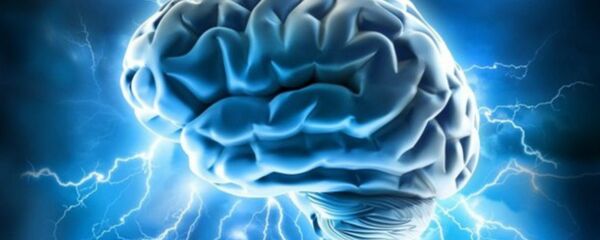The team of researchers from University College London who conduct extensive scientific studies as part of the Affective Brain Lab, regularly investigate how the experience of emotions affects human cognition and behaviors.
Our new paper out in @NatureNeuro — The Brain Adapts to Dishonesty- with @danariely @garrett_neil @uclnews https://t.co/4K6alXTUwm pic.twitter.com/Tp5hFnloLE
— affective.brain (@affectivebrain) October 24, 2016
Neil Garrett, who is one of the researchers involved in the study provided some insight behind the project's motivations.
"Dishonesty is an important type of human behavior as it significantly effects people, institutions and societies daily. Despite this, instances of dishonesty escalating in the real world were anecdotal so we wanted to test whether it can actually occur in a controlled laboratory environment and so we planned some social experiments. Also whilst the general principle of 'adaptation' is a well established feature of how the brain processes information in sensory domains, it hasn't been related to adaptation of our own aversive decisions like this before," Mr. Garrett told Sputnik.
A process referred to as "emotional adaptation," where over time the brain responds less and less strongly to a repeated stimulus was identified as the key cause that leads individuals to escalate their lying behavior.
According to the research findings, the amount by which participants lied got larger and larger over the course of the study and the levels of dishonesty escalation was said to have also enhanced when participants lied for their own benefit, as opposed to doing so for any benefit of others.
Mr. Garrett explained that although the study had not looked at the "nature versus nurture" aspect of lying, it does provide some correlation to instances of dishonesty in public life amongst celebrity figures and politicians:
"There are lots of anecdotal instances of dishonesty escalating over time from cheating in sports, exaggerations expressed in politics as well as cases of financial fraud. Emotional adaptation may be one of the key reasons behind this," he said.
He did however also point out some difficulty in being able to accurately identify findings of the "adaptation" theory existing in society:
"It is important to note that our research is set in a controlled laboratory setting and more research is needed to figure out the implications for the real world such as, does lying escalate over the long term? We speculate that it might be but further research is needed."
'Would I lie to you?' 'Yes you would, and here's why…' ;-) | #lying #liar #dishonesty #neuroscience | https://t.co/gzsttgBB3x pic.twitter.com/h3gcYqTpiN
— greenami & da silva (@greenami1) October 25, 2016
The study findings may shed a rather pessimistic focus on the process of dishonesty being something humans simply pick up as a habit, but Sputnik asked Neil Garrett whether compulsive liars could ever stop telling fibs and live an honest, more authentic life.
"Our research (and others) suggests that having a strong emotional reaction to dishonesty stops us from engaging in dishonest acts. So finding a way to reproduce a negative emotional reaction might be able to stop people from engaging in such acts."
https://t.co/1daeWFI5Ew
— Bottomlinesman (@chulbulThurram) October 25, 2016
Now somebody needs to do a study on how societies begin to accommodate dishonesty.
The idea of a "dishonesty detox" may not also be such a bad idea for the real-life Pinnochios of the world.
Neil Garrett also suggested that a similar mechanism may drive risk-taking and violent behaviors in humans, however more research is required in this area.


